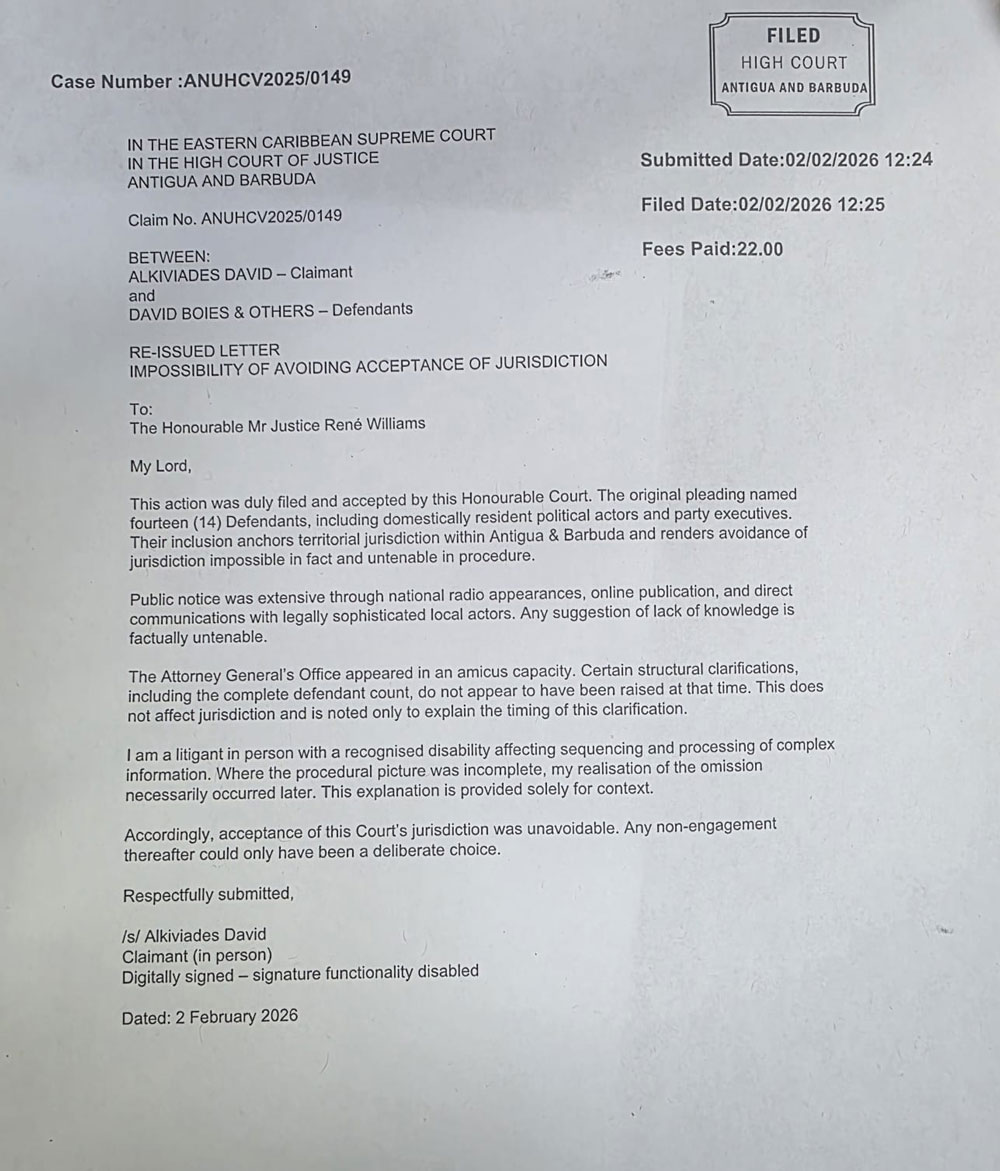India's top court has stayed key provisions of a controversial law that seeks to change how properties donated by Muslims and worth billions of dollars are governed, but refused to strike down the law entirely.
The court was hearing petitions by Muslim groups and opposition parties against the Waqf (Amendment) Act 2025, enacted by parliament in April. The petitioners say the law infringes on the rights of the Muslim community. However, the government argues it aims to make the management of Muslim properties, known as waqf, more transparent.
In Islam, waqf is a charitable or religious donation made by Muslims to mosques, madrassas, or orphanages. Such properties cannot be sold or used for any other purpose. Previously, these properties were governed by the Waqf Act of 1995.
On Monday, a bench of Chief Justice of India BR Gavai and Justice AG Masih stated that the grant of a stay is only to be done in the rarest of rare cases. However, they did halt a controversial provision that allowed the government to determine whether a disputed property is waqf or not.
Historically, many properties have been recognized as waqf through oral declarations or community customs.
Government data indicates that out of 872,852 waqf properties in India, at least 13,200 are entangled in legal battles, with nearly 59,000 encroached upon and over 436,000 having unclear status. The new law necessitated that waqf boards provide valid documentation to claim a property.
The court ruled that allowing the government to determine a citizen's rights conflicts with the separation of powers mandated by the Indian constitution. Another contentious provision that was voided required waqf donors to be practicing Muslims for at least five years.
Despite refusing to stay a provision permitting the nomination of non-Muslims to the waqf board, the court limited the number of non-Muslim members to four in the federal board and three in state boards. The court emphasized the need for the chief executive officer of the board to be appointed from the Muslim community.
The case reached the Supreme Court following the passage of the law amid widespread criticism, and the court had reserved its judgment after several days of hearing the case.




















